Travel Safety Tips
Traveling for the past 15 years solo, as a couple, and then as a family has taught us a lot about travel safety. Here are our best travel safety tips.
Travel Safety Tips
Knock on wood – in over 15 years of travel together we’ve never had a serious issue with our personal safety being compromised (other than a bit of a bizarre situation in the Australian Outback), or had anything stolen.
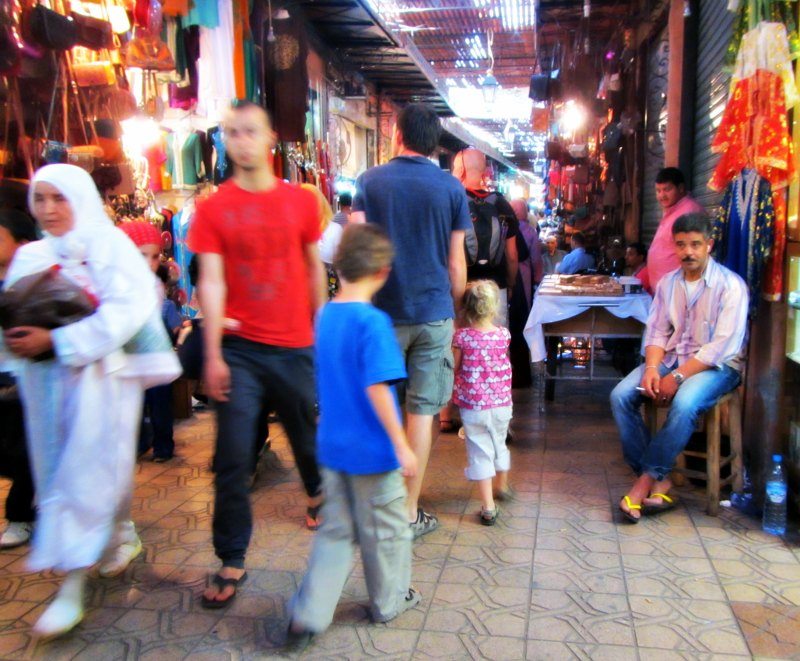
Now, that may just be luck, but a lot of it may come down to a few of the personal travel safety precautions we always take when we’re abroad in the world.
Be aware of your surroundings
Probably my top tip after traveling extensively for the past 15 plus years is to always be aware of your surroundings, and your belongings. For example, I constantly see tourists completely immersed in texting or taking photos while wandering around areas known for pickpockets. Just look up once in a while and you’ll seem like a less inviting target.
Similarly, keep an eye out on your surroundings as you walk around. Are there plenty of people, is the area brightly lit, is there a lot of litter on the ground, and do people seem happy and relaxed? All of those things can give clues as to how safe an area is.
If I’m in an area that’s brightly lit, and there are plenty of kids and women around, I feel a lot safer. If I’m in an area with dim lighting, and there are few people around, and most of them are groups of guys, I feel a lot less comfortable.
“Too many people are thinking of security instead of opportunity. They seem to be more afraid of life than death.”
— James F. Byrnes
Trust your gut feelings
I always trust my gut feeling if it’s telling me if a person, place, or situation is “off”. Over millions of years, we’ve evolved to be aware of dangers that our conscious minds likely don’t even register. Gut feelings can be a powerful way to tap into that subconscious knowledge.
Let someone know where you are
It’s a great idea to let a trusted friend or family member know where you’re traveling, including your accommodation addresses and plans for tours and trips.
Technology can be a great help here, too. There are plenty of apps like bsafe that can let you share your location, and even send SOS alarms to friends and family.
Some of the best medical alert systems offer medical alert units for traveling and holiday purposes. They include independent mobile units and even portable pendants that can let you talk directly to emergency responders through a built-in microphone and speaker.
Check out the people you’re traveling with
If you’re planning on Couchsurfing, or renting a shared room in an Airbnb, do a little online digging on your hosts. You’d be surprised what you can learn by checking out their social media profiles. In the US, you can even go so far as to use a decent background check service available online to check out your potential roommates.
Check your government’s travel warnings
Your government’s travel advice and travel warning website is a great place to keep you informed of potential dangers at your destination. Travel advisories will warn you of things like natural disasters, terrorism threats, political and social instability, and kidnapping threats, among others.
See travel advice and warnings from the government of Canada, the government of the USA, and the United Kingdom.
Admittedly, the government warnings are often on the overly cautious side, and warnings are often only for specific regions, but it never hurts to be informed.
Tip! Many travel insurance companies will not insure you if you’re traveling to a country against the advice of your government’s travel advisories!
Learn local travel scams
Every country seems to have its own take on unique travel scams. Most of them are pretty easy to spot and avoid, as long as you do a little research on common scams at your destination.
Travel scams include using sleight of hand to return the wrong change, selling cheap knockoffs but claiming they’re more expensive originals, and even teams of pickpockets that swarm you after someone “accidentally” bumps into you in a public place.
Taxi and transportation scams are especially common the world over, where drivers overcharge tourists in plenty of ways, including taking longer routes, or refusing to turn on taxi meters.
See a few more travel scams here.
“If you think adventure is dangerous, try routine; it is lethal.”
― Paulo Coelho
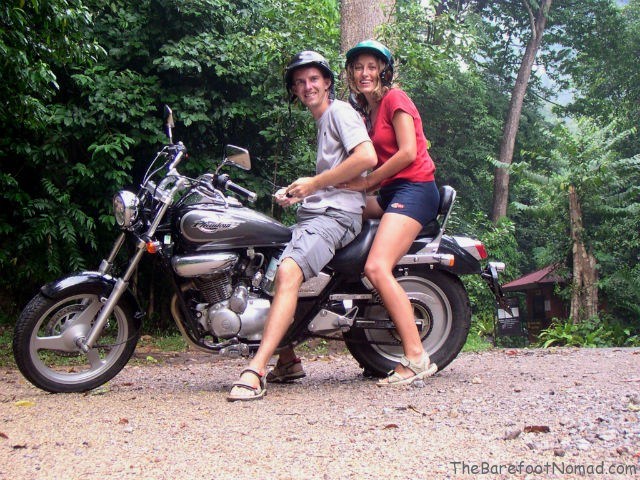
Make copies of travel documents
Whenever we travel, we take photos of our passport, visas, credit cards, travel insurance policy number and emergency number, and other travel documents.
We copy the back of our bank and credit cards as well, since these always have a number to call in case the cards are lost or stolen.
We then create a password protected file, and then store it somewhere in the cloud. That way, all we need is an internet connection to retrieve the document. It’s also relatively safe, since there are two layers of protection (the file on the password itself, and the password for cloud storage like Google Drive or Amazon Cloud).
If you’re more old school, you can just paste the photos into Microsoft Word, and then go to File – Info – Protect and create a password. You can also create a password protected file in WinZip.
It’s also not a bad idea to leave a paper copy of your passport with someone you trust at home and carry a printed copy of it in your bag.
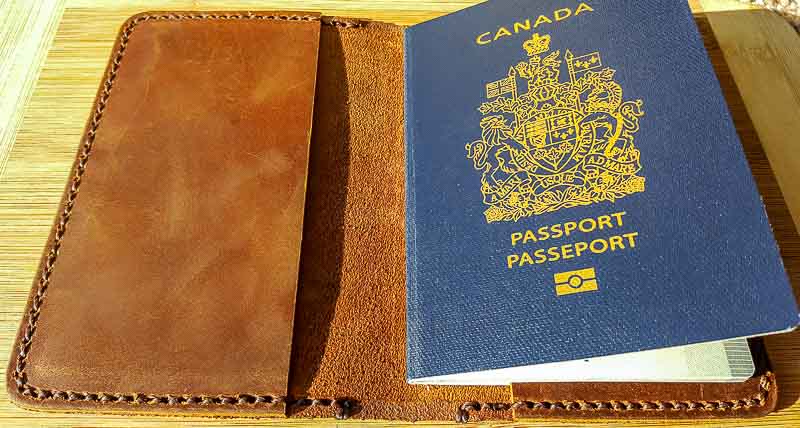
Get travel insurance
Even if you’re in perfect health, accidents can happen anywhere. Other countries can have more lax traffic laws, more dangerous roads, and less stringent safety guidelines, increasing your risks. See do I need travel insurance?
Emergency medical travel insurance can be pretty cheap (sometimes just a few dollars a day). You can get optional coverage for lost and stolen items, trip cancellation or interruption as well, but they can increase your base cost.
Here’s some good news: you can even get travel insurance if you’re already abroad.
We never leave home without travel insurance, and we’ve had a few times we’ve needed it, including my short stay in a Thai hospital, and when our son got a wicked cut on his ear in Greece.
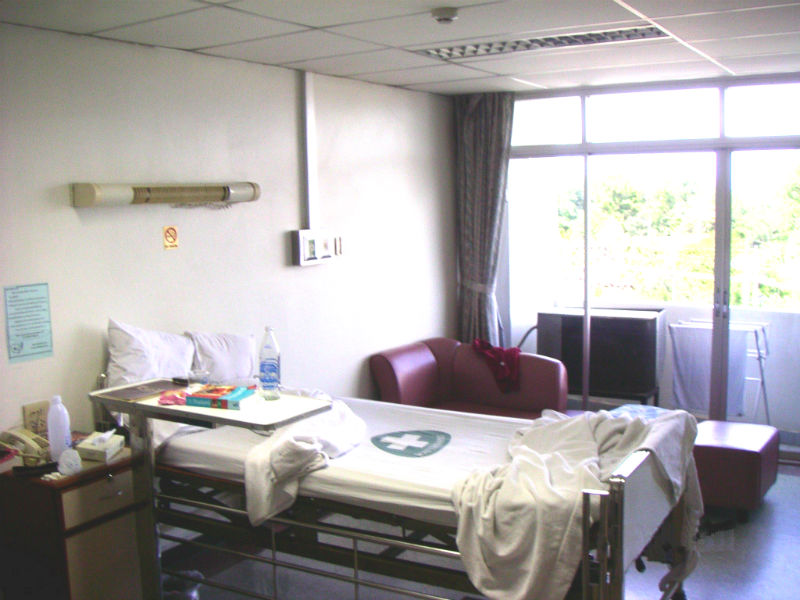
Have some emergency cash and a credit card tucked away
We keep about $200 USD in emergency cash, and an emergency credit card, stored somewhere other than in our day to day wallets. The location depends a lot on where we are. Sometimes it’s in the hotel safe, sometimes it’s in the bottom of a backpack, or even hidden in a dry reusable water bottle.
The trick is to store your emergency stash somewhere separate than your day-to-day money.
Contact your bank and credit card company to let them know you’re away
If you’re like us, our Canadian bank told us there’s no longer a need to notify them if we’re going abroad due to the increased security on our chip and PIN cards.
However, from everything I read about the US, it’s still a good idea to notify your US bank and credit card companies of your travel plans.
Follow the news for the area you’re visiting the week or so before your visit
If we’re traveling to an area with the potential for natural disasters or civil unrest, I’ll create a Google Alert for the area. This works well for smaller areas or cities, like Playa del Carmen, where you’ll get a handful of Google Alert messages. Unless you want to be inundated with hundreds Google Alerts, don’t create one for all of Mexico.
I find Twitter’s also a great way to find the latest, up to date news on an area or city. It’s especially useful for smaller or remote towns or regions that don’t often get local news coverage.
I can thank Twitter for alerting me to flash flooding in Peru in 2017. Because of the flooding, we changed our plans and spent some extra time in Ecuador, visiting the Amazon and Galapagos.
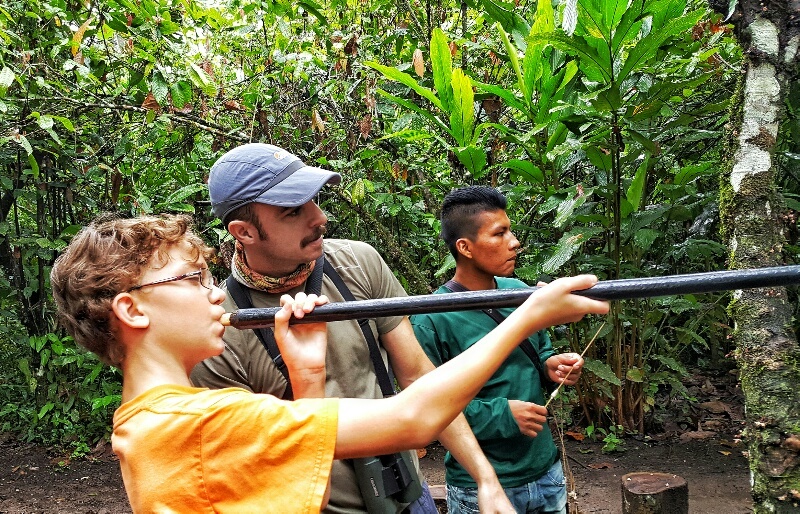
Don’t flaunt expensive items
It’s pretty much common sense, but traveling with expensive jewelry, designer handbags, and pricey electronics can make you a target for thieves. Keep the expensive stuff at home, locked in your hotel safe, or at the very least be cautious about the locations you show it.
Consider registering with your government in a case of emergency
If you’re a Canadian traveling to a remote area, or an area where you’re concerned about natural disasters or other threats, there’s a Registration of Canadians Abroad service. It can help you stay connected to Canada in case of an emergency abroad or an emergency at home. See more here. We signed up for the Registration of Canadians Abroad service when traveling to more remote areas in Sumatra, Indonesia.
Citizens of the US have a similar program in the Smart Traveler Enrollment Program. It’s free, and lets U.S. citizens and nationals traveling and living abroad to enroll their trip with the nearest U.S. Embassy or Consulate.
Interestingly, in the UK, LOCATE, the online database created to help Britons abroad register for help in a crisis has been cancelled because so few people were using it.
Sure, it’s tempting to just book a flight reservation, hop on a plane, and hit the road, but I think it’s well worth taking a few common sense safety precautions.
Travel with a first aid kit
Here are a few basic items we keep in our family first aid kit.
- Prescription medicine
- Extra copy of current eyeglass prescription
- Anti-diarrheal medicine
- Ex-Lax
- Benadryl allergy medecine
- Bandaids
- Benadryl anti-itch spray
- Bug spray
- Antibiotic ointment
- Adult over the counter pain reliever
- Kids Tylenol
- Sunscreen
Know the local emergency number and location of the nearest hospital
This is an international travel safety tip that I don’t hear often. However, since we now travel with our kids, I’m probably a bit more safety conscious than most.
Whenever we travel somewhere new, I also memorize the local emergency number. Surprising to most North Americans, not all countries use 9-1-1 as their emergency number!
I also memorize a simple phrase in the local language like “My child is sick. We need the hospital immediately”. I also find the location of the nearest good hospital when we’re in a city, and mark it in my offline Google Maps.
It’s actually come in handy, when I needed to find a hospital in a hurry in Greece when our son got a major cut on his ear that required several stitches.
Unfortunately, we were on the island of Kos in Greece in the middle of Greece’s bankruptcy crisis, and the local hospital was essentially closed due to lack of staff. I didn’t know that, but I remembered seeing a private clinic when I searched earlier that was only a block away. All turned out well, and he just has a small scar and a great story of running through a deserted hospital in Greece.
Get gear to keep your belongings safe
We’re big fans of neck wallets for keeping our passports and cash safe in airports and on the road. A neck wallet hangs over your neck, keeping valuables hidden. Other people use money belts, a bra or underwear stash, or clothes with hidden pockets.
Don’t keep your wallet in your back pants pocket, or in any pocket that’s easy for someone else to access. We keep a small amount of cash in an easy to access place for just that reason so if we are mugged or pickpocketed they won’t get much regardless.
If you need to leave your pack somewhere, get a slash-proof backpack and a cable lock. If you lock it up securely, thieves won’t be able to cut into it with a knife, and the cable and lock will prevent them from walking away with it. The disadvantage of this is that backpacks like this are a little bit heavier (but not a lot).
We like the Pacsafe Metrosafe LS450 25 Liter Anti Theft Laptop Backpack. I have this backpack, and use it a lot on solo trips.
We’ve never traveled with a carbon monoxide alarm, but I think it may be a great idea.
This battery operated carbon monoxide detector gets great reviews and doesn’t need a wall outlet. See it on Amazon here.
One tip I really love is to use a lightweight doorstop in hotel rooms. This SABRE HS-DSA Wedge Door Stop weighs only 4.8 ounces, and comes with a 120 dB alarm, which is really cool.
Just wedge the doorstop under the hotel room door to prevent anyone coming in.
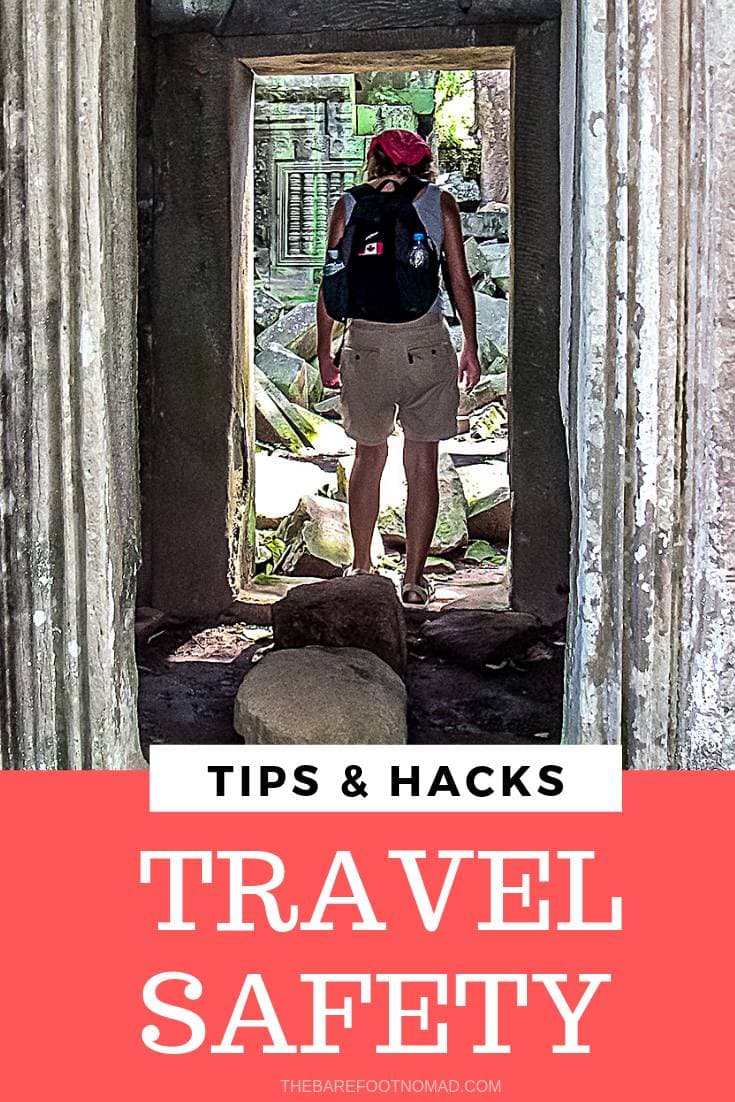
Do you have any favorite travel safety tips? Tell us in the comments!

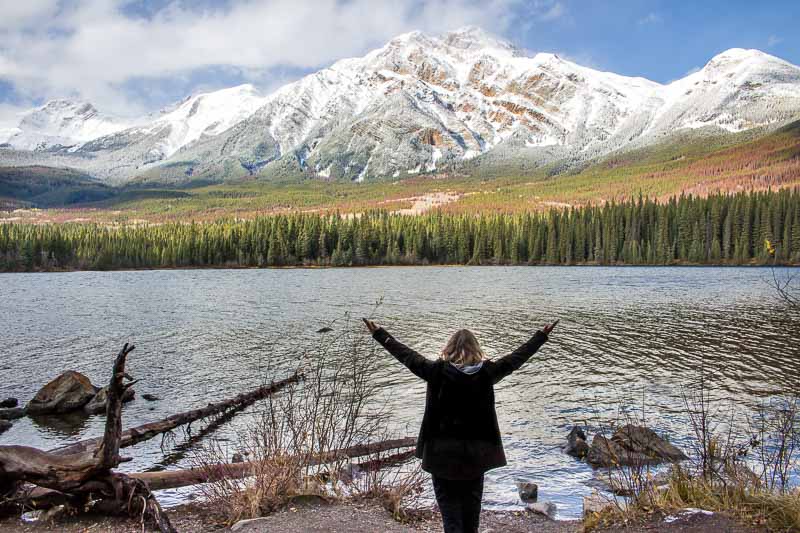
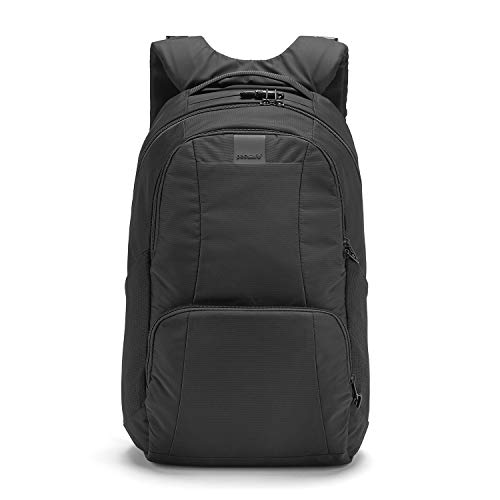
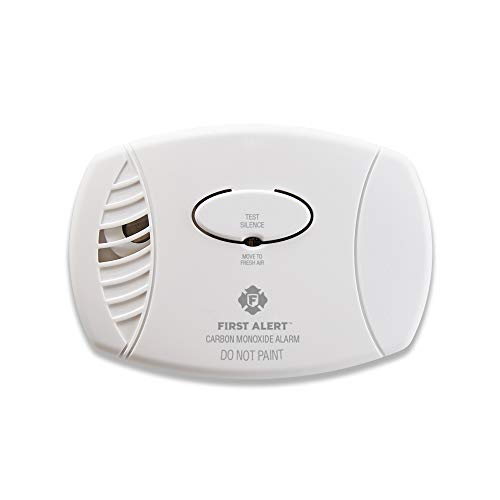
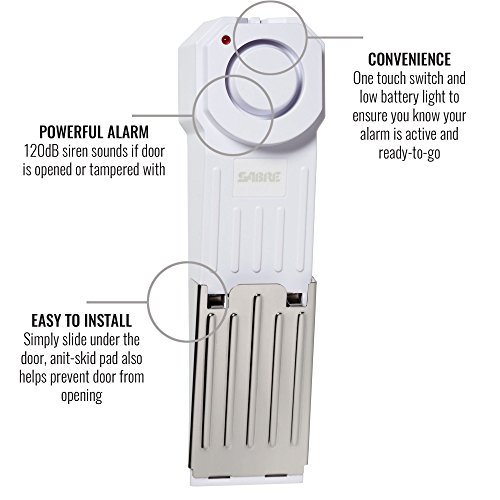
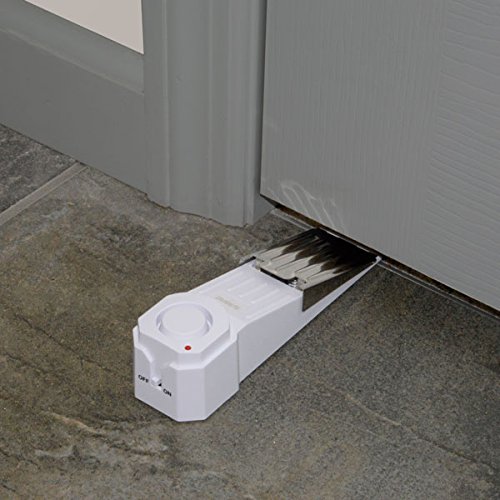
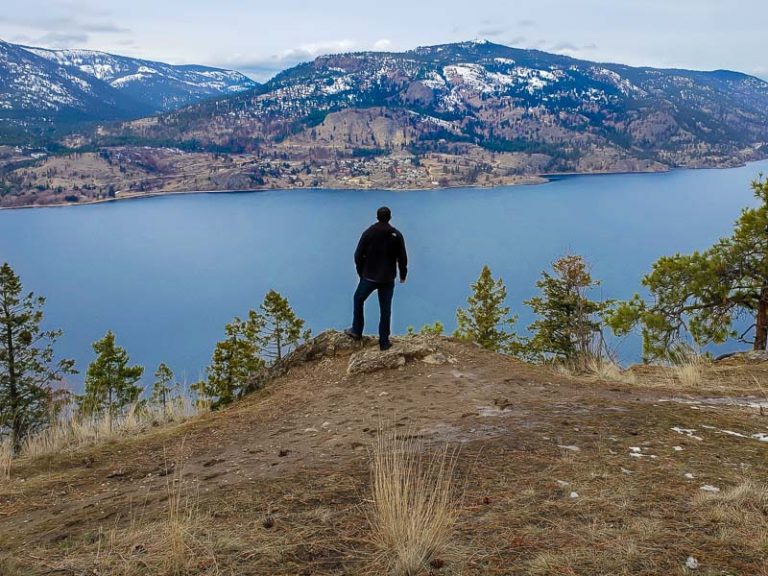
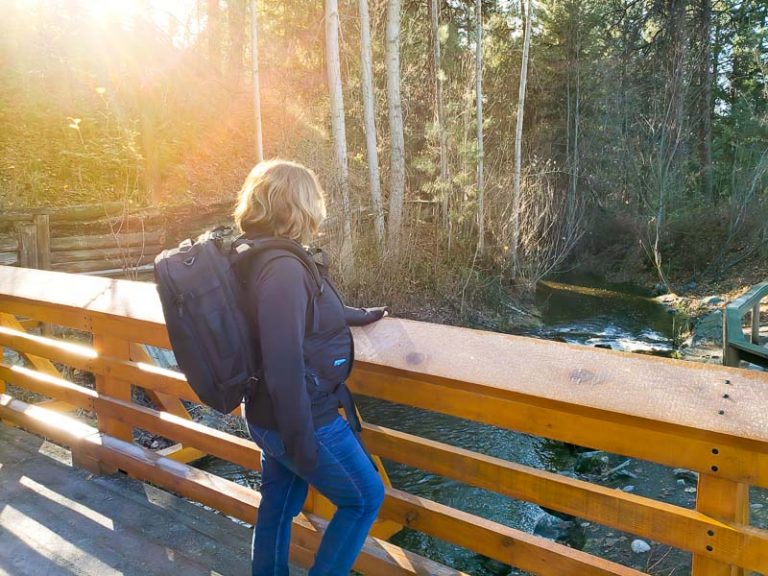
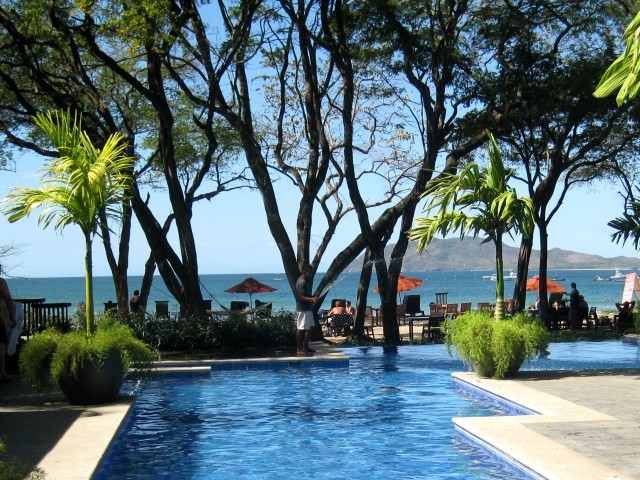
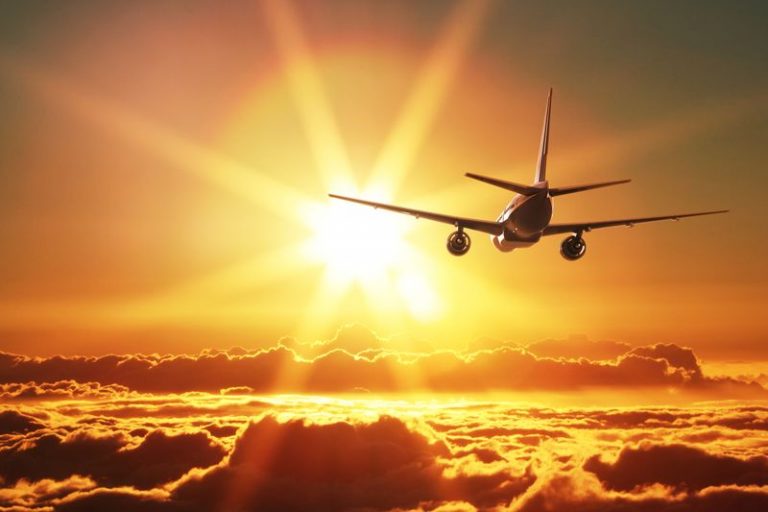
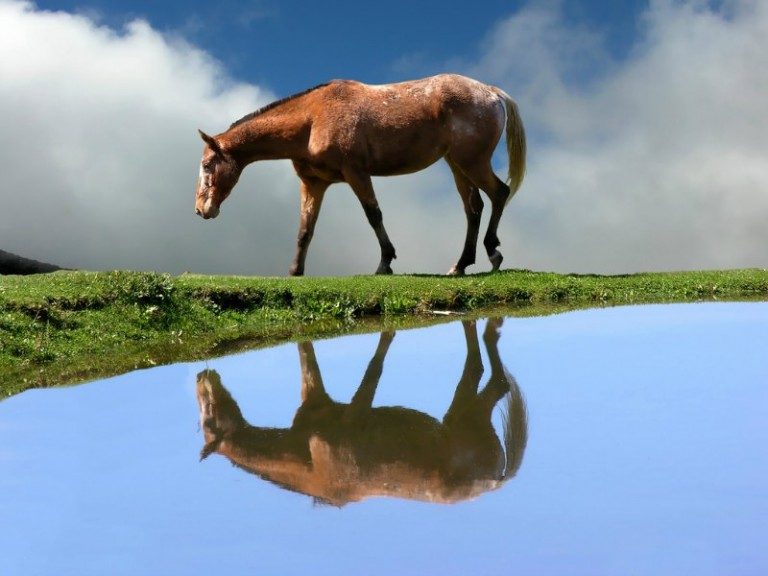

These tips are great! I recently bought a carbon monoxide detector for when I was staying in an AirBNB in the Cayman Islands. You can never be too careful! The doorstop is a great idea too!
You provide very useful and clever tips!Nice post thanks for sharing!
Thank you for sharing this Blog. This will definitely help everyone.
Thank you for writing this useful tips. I’m sure it will be helpful in the future to me.
Awesome Post!
Thanks for sharing a great post!